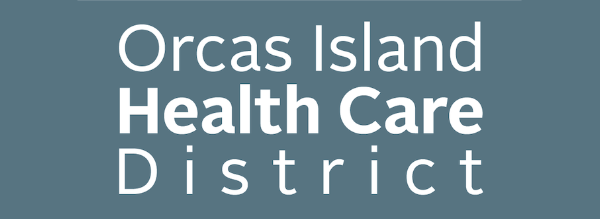||| FROM STATE DEPARTMENT OF HEALTH |||
Newest numbers. The Department of Health reported a total of 205,069 confirmed cases as of 11:59 pm on December 14. There have been 2,953 COVID-19 deaths in Washington.
For the most recent tally of cases by county, demographics, and more, visit the Department of Health’s dashboard and the state’s COVID-19 risk assessment dashboard.
December 15, 2020 data note: Today’s total case counts include up to 1,100 duplicates. Negative test results data from November 21, 2020 through today are incomplete, as are positive test results from December 11, 2020 – December 14, 2020, thus testing numbers should be interpreted with caution. The Epidemiologic Curves tab is the most accurate representation of COVID activity and is updated daily as new cases are identified and duplicates are resolved.
COVID-19 safety behaviors remain necessary, even as vaccinations begin. As the first COVID-19 vaccinations begin this week, the Washington State Department of Health is reminding people that it is very important to continue taking measures to prevent the spread of the virus. The initial distribution of vaccine is a major step forward. 20,475 doses arrived in the state as of noon today. While vaccines are a crucial tool in beating the virus, they can’t be used alone at this time.
We must all continue doing the things that keep us safe and avoid giving in to COVID-19 fatigue. In order to continue flattening the curve, it is crucial that we all continue the infection control practices that have become a part of everyday life for so many of us this year. That means wearing our masks whenever we leave our home and carrying our hand sanitizer. We’ll need to keep maintaining physical distance and reducing the time we spend indoors with people who don’t live with us. Read the full news release here.
No-cost flu vaccines for uninsured adults. This year, it’s more important than ever to get vaccinated against the flu. All adults 19 and older in Washington can now receive a flu vaccine at no cost, regardless of having insurance.
The Department of Health has teamed up with select Safeway and Albertsons pharmacy locations to offer flu vaccine at no cost to those uninsured, or underinsured, to help keep you from getting sick or spreading the flu to others during the COVID-19 pandemic. You may also be able to get a flu vaccine at no cost at other locations around the state. Check with your local health department for more information and clinics that may be offered in your area.
You can help prevent both flu and COVID-19 by washing your hands with soap and water for 20 seconds, covering your coughs and sneezes, staying home when sick, and wearing cloth face coverings when around other people. For more information on participating no-cost flu vaccine locations, please visit www.knockoutflu.org for a list of pharmacies near you.
Inslee issues proclamation on local health jurisdiction stability. Governor Jay Inslee today put a pause on most efforts to terminate agreements creating health districts and combined city-county health departments throughout the duration of the COVID-19 state of emergency.
Proclamation 20-78 is based on the critical need to ensure continuity and stability of operations and services provided by local health jurisdictions during an unprecedented pandemic. This order is effective immediately and will remain in place during the state of emergency. Read the full news release here.
Minimize the spread of COVID-19 this holiday season. Given the high rates of COVID-19 in Washington and around the country, our winter holiday celebrations need to look different than in years past. Many of the ways we traditionally celebrate the holidays include contact with non-household members in large group settings.
Regardless of how you choose to celebrate, it is important to keep the following in mind:
- Avoid close contact with people outside of your household. Stay at least 6 feet away from all other people who are not part of your household.
- Wear a cloth face covering anytime you are with people not from your household. This includes family members and close friends who do not live with you. Make sure the face covering fits snugly over your nose and mouth.
- Avoid confined indoor spaces. Outdoor activities are safer than indoor activities. If participating in an outdoor event is not possible and you choose to attend an indoor event, avoid crowded poorly ventilated, and fully enclosed indoor spaces. Increase ventilation by opening windows and doors if possible.
- Wash or sanitize your hands (and the hands of little ones) often.
- Stay home if you are sick or were recently exposed to someone with COVID-19. If you are sick, have symptoms of COVID-19, or have been in contact with someone who has been diagnosed with COVID-19, stay home and away from others.
More information on winter holidays and COVID-19 is available here.
**If you are reading theOrcasonian for free, thank your fellow islanders. If you would like to support theOrcasonian CLICK HERE to set your modestly-priced, voluntary subscription. Otherwise, no worries; we’re happy to share with you.**








